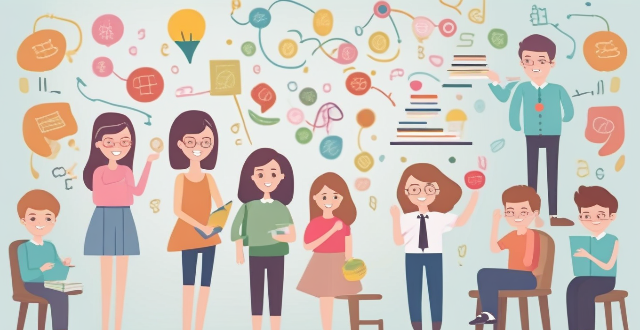Educational psychology helps in classroom management by providing insights into student behavior, motivation, learning styles, and emotional needs. By understanding these factors, teachers can create effective strategies for managing challenging behaviors, promoting student motivation, tailoring teaching styles to different learning styles, enhancing student-teacher relationships, and addressing emotional needs. This leads to a positive and effective learning environment for all students.

How Can Educational Psychology Help in Classroom Management?
Educational psychology is a field that studies the learning process, behavior, and mental processes of students. It can be extremely beneficial for classroom management as it provides insights into student behavior, motivation, and learning styles. Here are some ways educational psychology can help in classroom management:
1. Understanding Student Behavior
Educational psychology helps teachers understand why students behave in certain ways. By understanding the reasons behind their actions, teachers can create strategies to manage challenging behaviors effectively. For example, if a student is constantly disrupting the class, an educational psychologist might suggest that the student needs more attention or has unmet emotional needs.
2. Promoting Student Motivation
Educational psychology helps teachers understand what motivates students to learn. By identifying these factors, teachers can create engaging lessons that keep students interested and motivated. This can lead to better attendance, fewer discipline problems, and higher academic achievement.
3. Tailoring Teaching Styles to Learning Styles
Educational psychology helps teachers understand different learning styles and tailor their teaching methods accordingly. By doing so, teachers can ensure that all students are able to understand and retain information effectively. This can lead to fewer frustrations and disruptions in the classroom.
4. Enhancing Student-Teacher Relationships
Educational psychology emphasizes the importance of building positive relationships between teachers and students. By creating a supportive environment where students feel valued and respected, teachers can foster a sense of community in the classroom. This can lead to better behavior, increased participation, and higher academic achievement.
5. Addressing Emotional Needs
Educational psychology recognizes the importance of addressing students' emotional needs. By providing opportunities for students to express themselves and receive support from teachers, schools can create a safe and nurturing environment where students feel comfortable sharing their thoughts and feelings. This can lead to improved mental health outcomes and reduced absenteeism due to stress or anxiety.
In conclusion, educational psychology plays a crucial role in classroom management by providing insights into student behavior, motivation, learning styles, and emotional needs. By incorporating these principles into their teaching practices, teachers can create a positive and effective learning environment for all students.